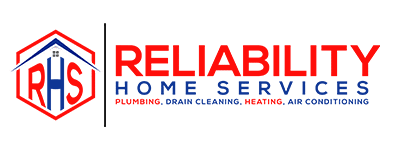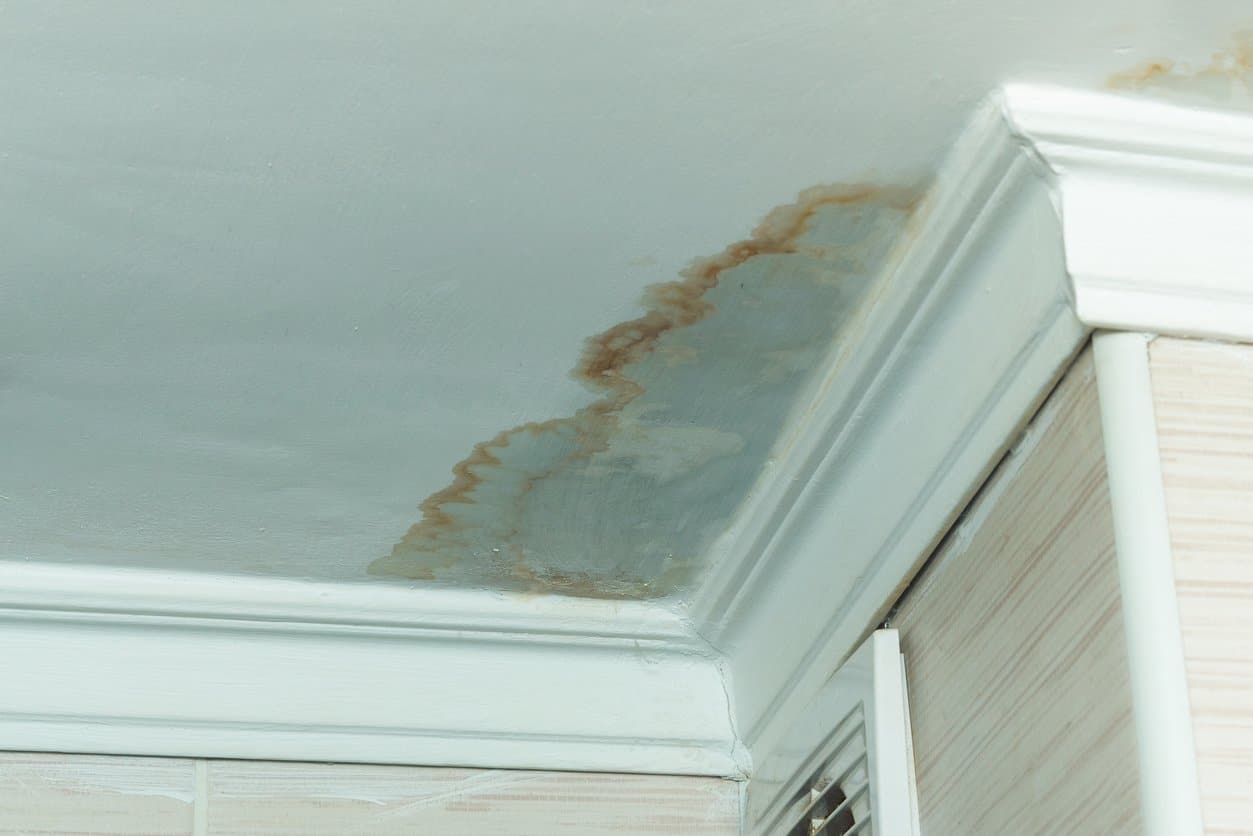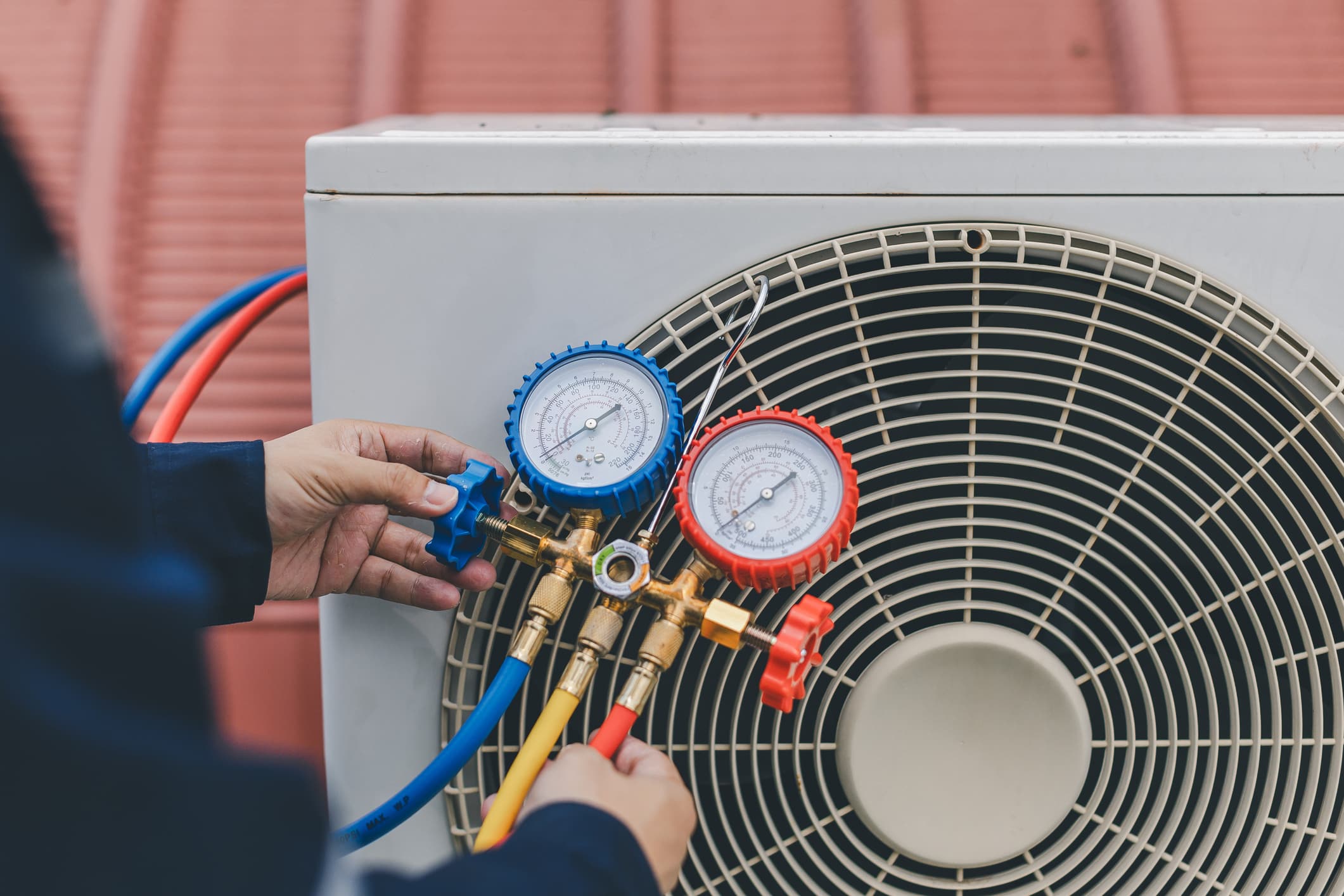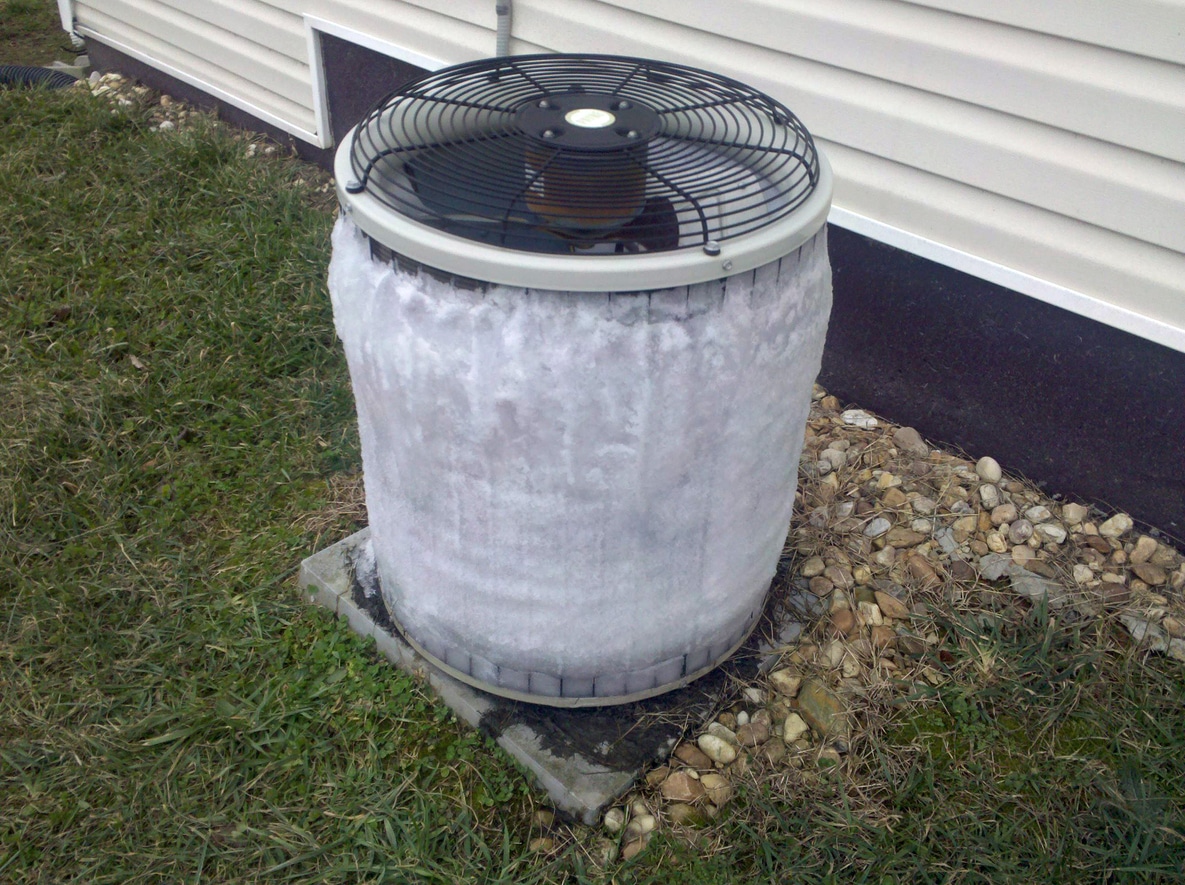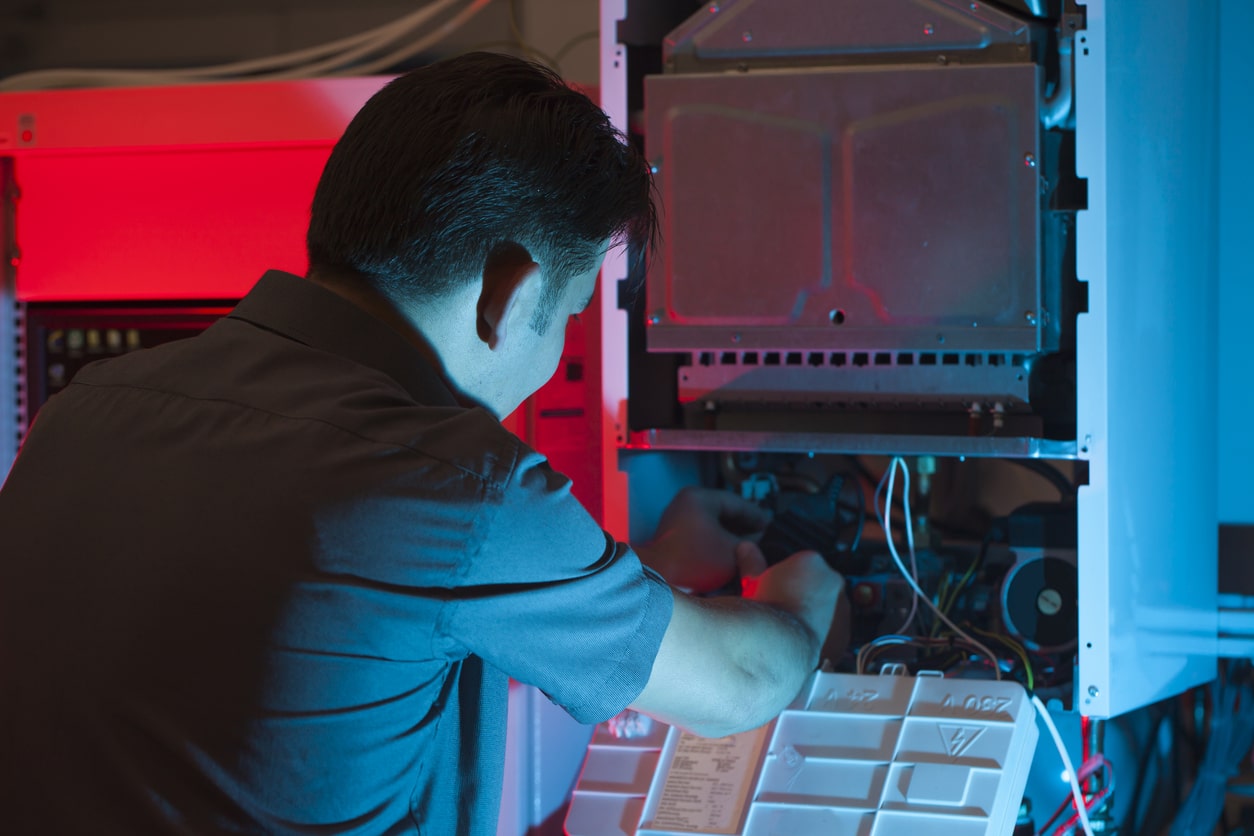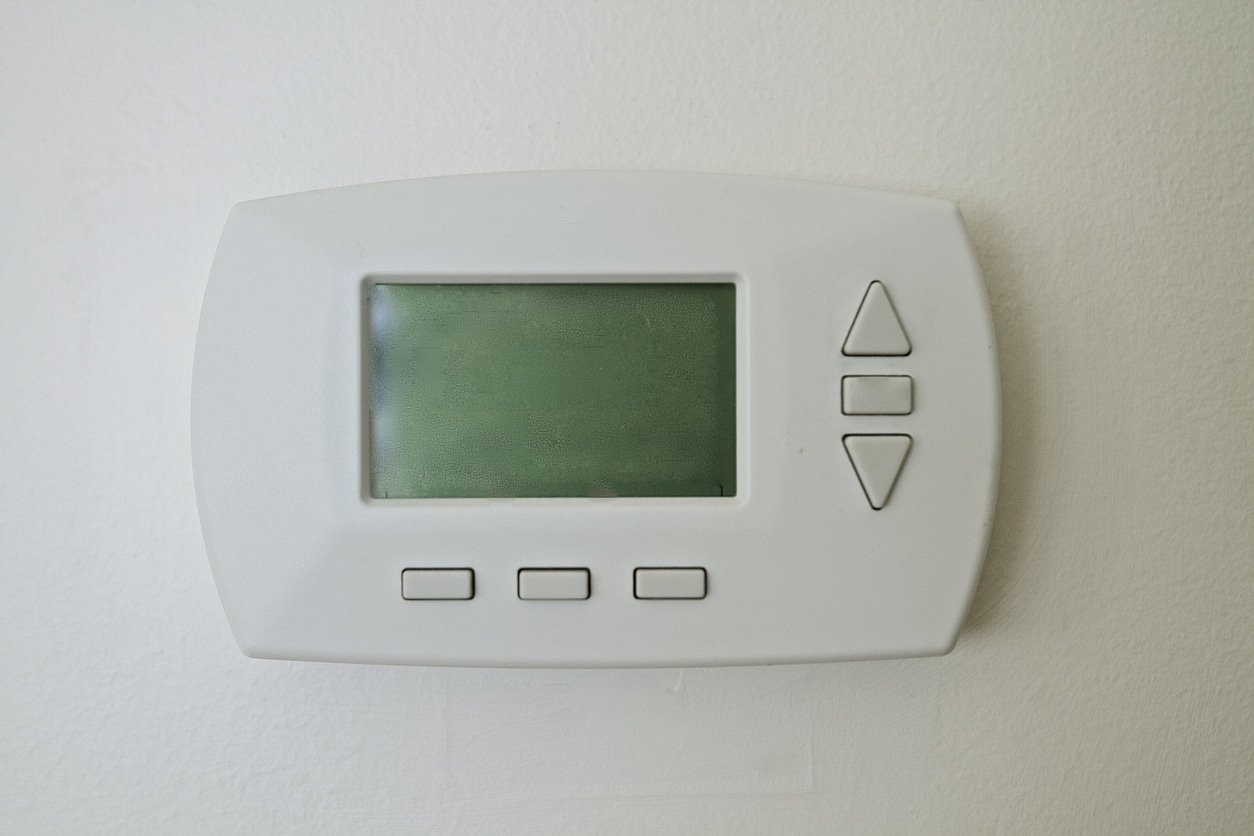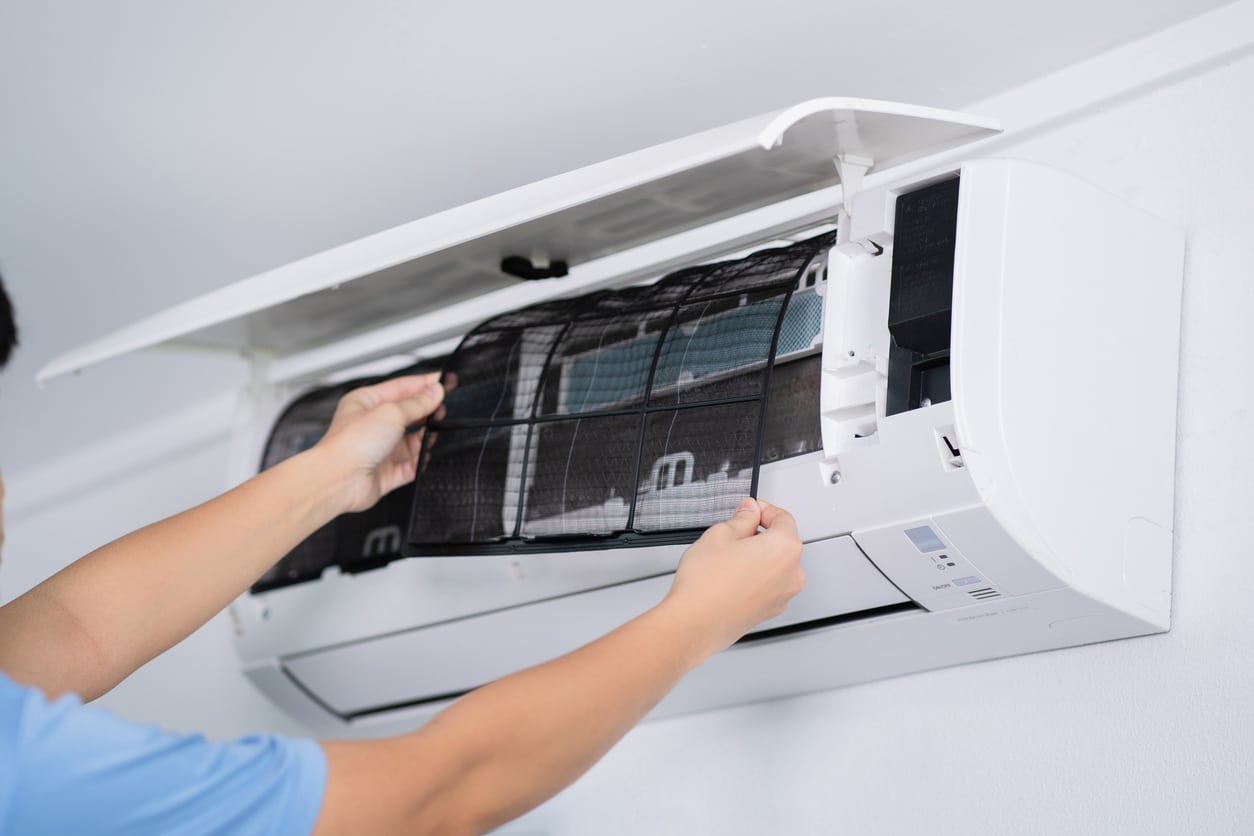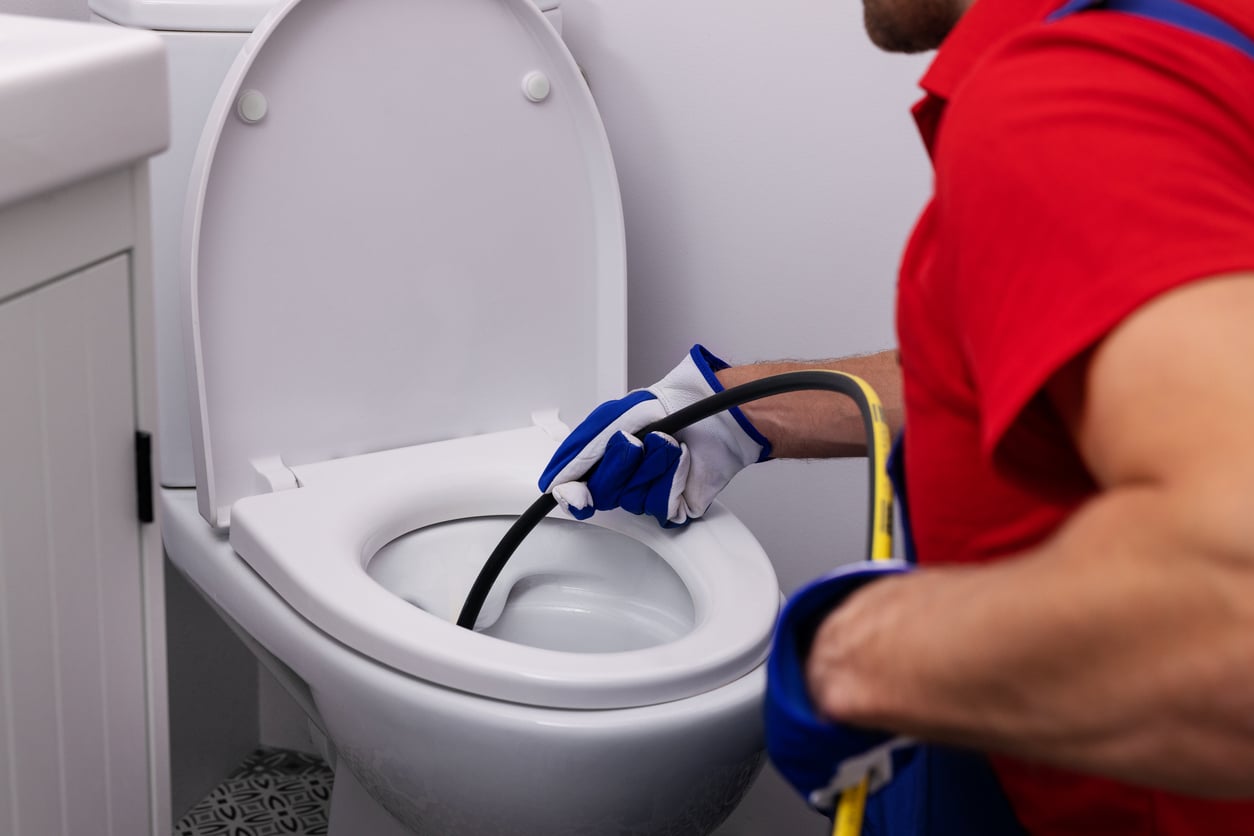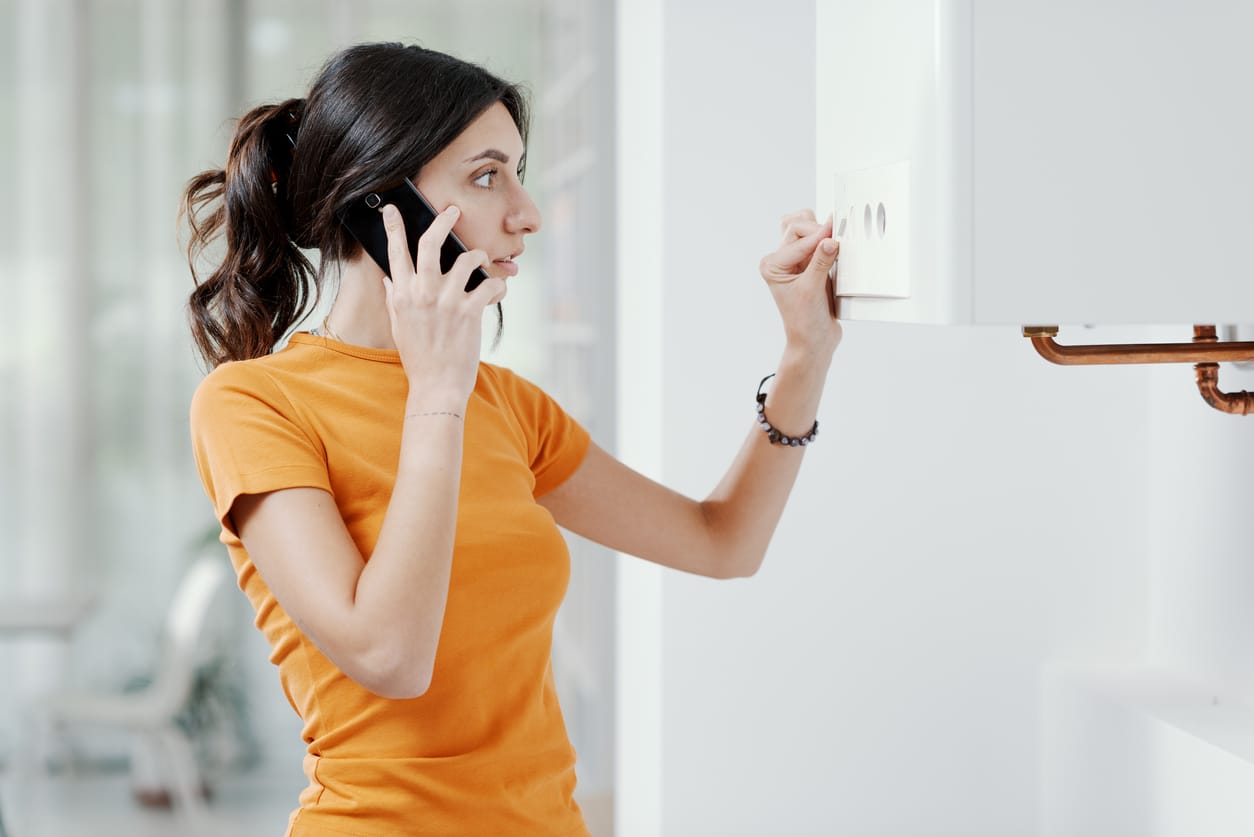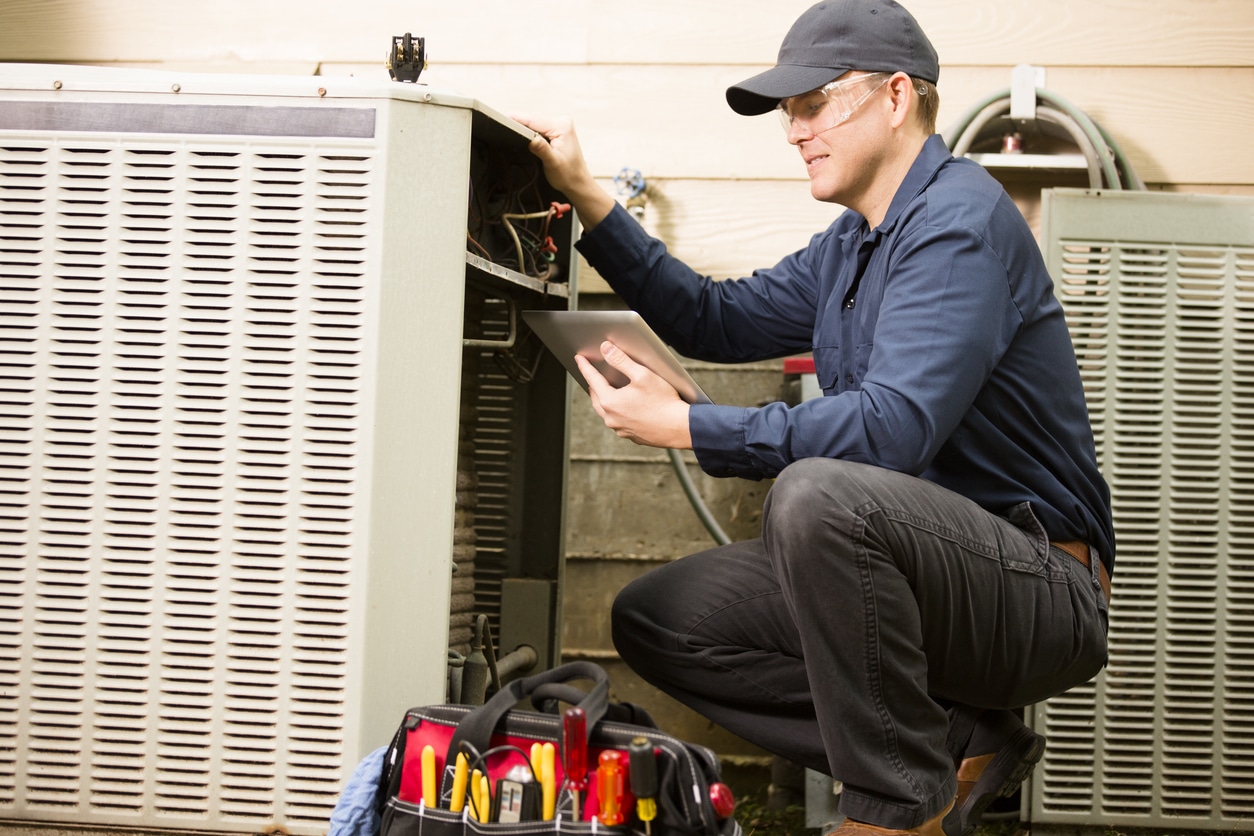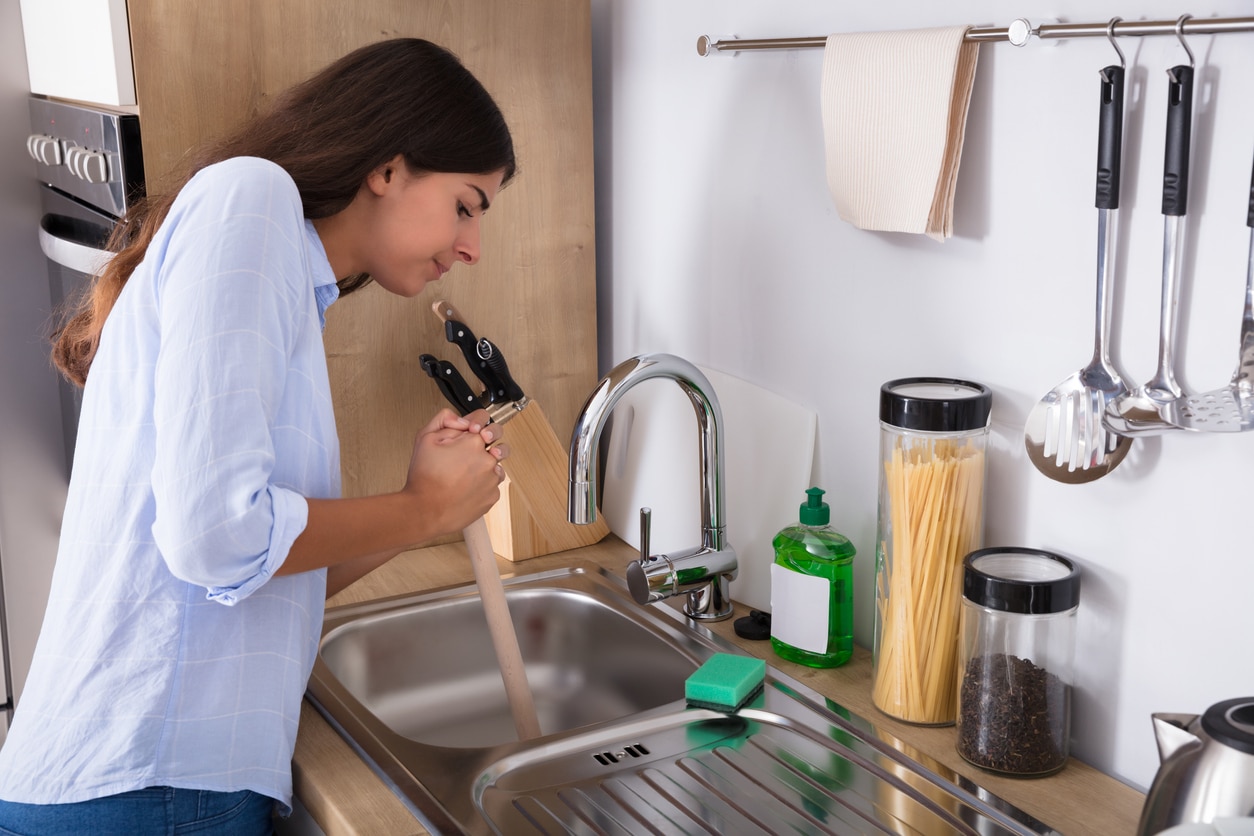When it rains, there’s a lot that can go wrong. The roads become slippery, yards flood, and other problems occur. But you might not consider the fact that rain affects your plumbing. Find out more about how rain can cause the need for emergency plumbing service in Dundalk and learn what you should do to address potential issues.
High Pressure on Your Pipes
Your plumbing system can withstand quite a bit, but it might not be able to handle high rainfall. When it rains, the water puts excess pressure on your pipes. The waterfall makes dirt into heavy mud, and this puts pressure on your pipes. If the pressure is too much, your pipes could burst and result in a sewer line leak. Although all pipes are vulnerable to bursting, old pipes are the most susceptible to it. Years ago, people didn’t use durable materials to make pipes. A home built in the 1960s probably doesn’t have plumbing that can withstand heavy rains. Shifting Pipes
The high pressure on your pipes isn’t the only thing you need to worry about. When it rains, the added weight of the mud could cause your pipes to shift. The shifting may bend or move your pipes in a way that causes a leak. If your pipes shift, you need immediate assistance. You should call a emergency plumbing service to fix your plumbing and repair the leak. Otherwise, you could have water or sewage spilling out into your yard. Blocked Pipes
You won’t always notice a rupture in your plumbing. If the rupture is small, you won’t be able to tell. But there’s another consequence that will demand your attention – a blocked pipe. A small rupture in your plumbing allows debris to enter your pipes. As water attempts to flow through your plumbing, it gets stuck on the debris. The blockage could make water back up into your home, which causes water damage and leads to mold growth. The rainfall can also cause another type of plumbing blockage. If you have tree roots bear your plumbing, the roots could attempt to invade your pipes. The rain causes roots to grow, making them more likely to pierce your plumbing. After you have tree roots growing into your pipes, your plumbing won’t be the same. You may experience frequent backups and other plumbing problems.Overworked Sump Pump
During a heavy rainfall, the ground becomes saturated. The soil around your home can only handle so much water, and the excess water needs to go somewhere. When it rains too much, water accumulates near the foundation of your home. Some homes have permeable soil or gravity to improve drainage. However, this isn’t always the case. If your home is on a flat surface, the water has nowhere else to go. It pools near your foundation and could go I to your basement or crawl space. To prevent the water from doing damage, you may have a sump pump. The machine moves water from your basement or crawl space and sends it somewhere else. As you might expect, sump pumps need to work hard to remove water from heavy rain. The excess work could cause your pump to break or wear down quickly. Preventing This
If you don’t want to overwork your sump pump, there are a few things you can do. First, you should make sure your pump is the right size for your home. Secondly, you should have a plumber perform regular maintenance on your pump. It’s important to test your pump and make sure it’s ready for heavy rains. You can place less stress on your sump pump by making sure your yard drains well. If you are building a new home, hire a contractor who considers the drainage situation. Flooding in Your Home
If you don’t have a sump pump or your sump pump doesn’t work, you could experience flooding during or after heavy rains. A pipe blockage could also cause flooding. Sadly, the flooding is much more than an inconvenience. Water damage has an effect on the foundation of your home. If you have enough water damage, you could be left with a costly repair. There’s also a chance that the water damage will result in mold growth or pest problems. If you have water-damaged wood in your home, termites could take over. In the event of a flood, call a plumber right away. While you wait, use a sump pump or wet vac to remove the water. You can use a dehumidifier to remove moisture from the air, but even that may not be enough to dry up the space. Whatever you do, resist the urge to ignore the problem. If you don’t remove the water, mold will take over. Your home could become a dangerous place.Preventing Plumbing Problems Associated with Rain
You have enough to worry about. Do you really want to have to worry about your plumbing every time it rains? To take the stress out of your life, you should make sure your home is ready for heavy rainfall. This was doing the following:Address Drainage Issues
If your yard always has puddles after a rainfall, consider how you can improve your drainage. You might need to route your gutters differently or build a French drain. Fixing your drainage takes the stress off of your plumbing.Cut Down Big Trees
Do you have large trees in your yard? If so, cut them down to minimize the risk of roots getting into your plumbing. Install a Sump Pump
You should always be ready for the possibility of a flood. If you have a working sump pump, you don’t need to worry about excess water. Your home can pump out the water and stay dry. Know Who to Call for an Emergency Plumbing Service
You can only do so much to prevent plumbing issues. In the event of a plumbing disaster in Dundalk, you should know who to call. Reliability Home Services is always ready to help. We don’t let heavy rains keep us from your home. Call us now and let us be your emergency plumbing service. 